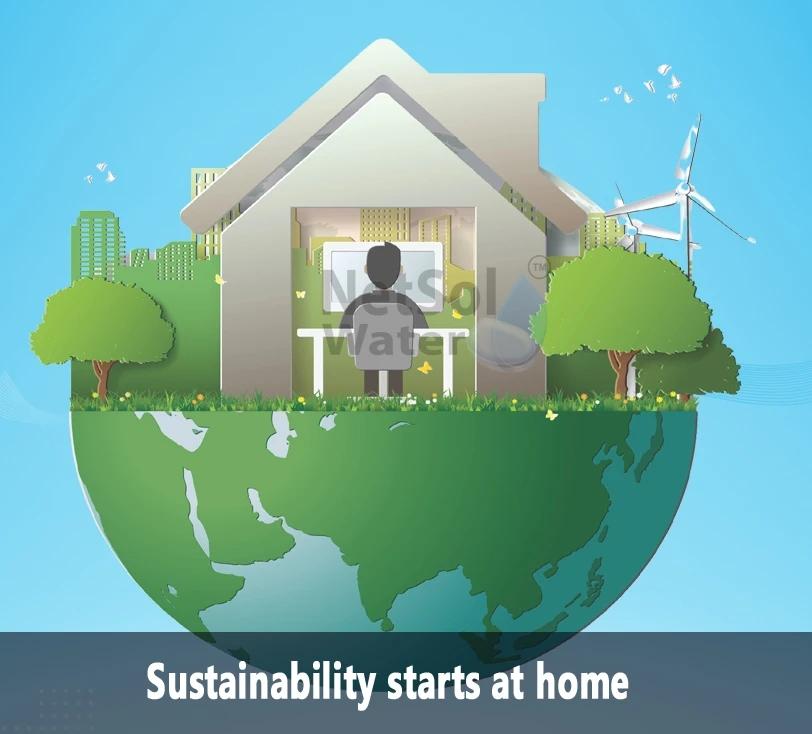We often think that solving big problems like climate change requires big actions from governments or industries. But in truth, small habits at home can create a big impact. Every time we switch on a light, take a long shower, or throw something in the trash, we're affecting the environment in ways we might not even realize.
This article breaks down how our everyday actions release carbon emissions and what simple steps we can take to reduce them.
What Are Emissions and Why Do They Matter?
When we use energy at home—like electricity, gas, or even when we buy new products we often cause carbon dioxide (CO₂) and other greenhouse gases to be released into the atmosphere. These gases trap heat and make the planet warmer, leading to climate change.
The total amount of greenhouse gases we release is called our carbon footprint. A bigger footprint means more harm to the planet. But the good news is: we can shrink that footprint with small changes.
Let’s simplify how emissions are connected to what we do at home:
Scope 1 – Direct emissions: These come from things we directly control, like cooking on a gas stove or using a generator.
Scope 2 – Indirect emissions: These are from electricity or energy we buy. Turning on lights, watching TV, or using air conditioners all count.
Scope 3 – Hidden emissions: These come from the products and services we use—like packaged food, online shopping deliveries, or even waste that goes to landfill.
Understanding these sources helps us make smarter choices every day.
💡 Small Changes, Big Results
Here are some easy habits that can make a real difference:
Turn off lights and electronics when not in use Saves electricity, reducing Scope 2 emissions
Use LED bulbs instead of regular ones Uses much less energy and lasts longer
Unplug chargers when not in use Prevents “phantom” energy use
Take shorter showers Saves water and reduces energy used to heat it
Collect rainwater for garden use Reduces water waste
Compost kitchen waste Cuts down on landfill waste and Scope 3 emissions
Reuse and recycle items Reduces need for new materials and manufacturing emissions
Walk or cycle for short trips Cuts emissions from transport
These steps may seem small, but if every home followed them, the environmental benefits would multiply across communities, cities, and countries.
Why This Matters for Students
You might think: "I'm just one person, how much can I really do?" But your habits influence your family, friends, and school. When young people lead the way with eco-friendly actions, they inspire others. Students today are not just learners—you’re future leaders and changemakers.
Starting at home is one of the easiest and most powerful places to begin. These small acts, repeated daily, add up to something truly powerful.

